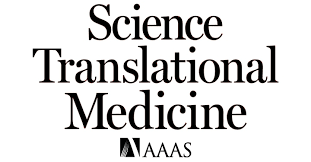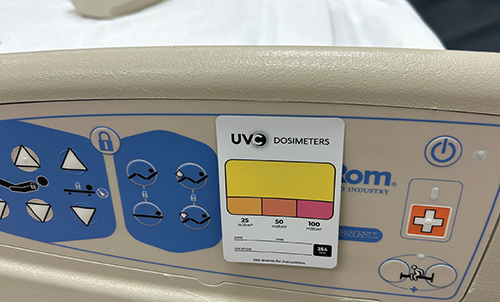Water quality: 5 Ws and an H for sterile processing pros

Asking who, what, why, when, where, and how—otherwise known as the “5 Ws and an H”— is a time-tested way for writers and researchers to ensure comprehensive coverage of any topic. Here, we apply this framework from the perspective of sterile processing department (SPD) professionals seeking to start a water…
Study shows decline in infections, antibiotic resistance at VA medical centers

Editor's Note A 13-year study at US Veterans Affairs (VA) medical centers found a decline in both hospital-associated infections (HAIs) and antimicrobial resistance for common pathogens, MedPage Today August 15 reports. From 2007 to 2019, the overall infection rate of nine pathogens decreased, with an average annual percentage change (AAPC)…
Study reveals how OR ventilation, patient positioning impact surgical site infection risk

Editor's Note Optimizing patient positioning can help reduce the risk of surgical site infections due to airborne contaminants in positive-pressure ORs, according to a study published August 12 in Nature: Scientific Reports. Maintaining higher pressure than adjacent spaces prevents entry of contaminants from environments external to the OR. For this…
Scaling standards from sterile processing department to clinic

Reforming instrument reprocessing practices does not always end with the main sterile processing department (SPD). Holding clinics to the same standard adds to the challenge, whether they are associated with hospitals or operate independently. Nonetheless, standardization is just as essential to maintaining efficiency and quality standards. Whether a clinic is…
WHO guidelines target catheter-caused infections

Editor's Note New World Health Organization (WHO) guidance aims to prevent the occurrence of bloodstream and other infections caused by improper use of catheters during medical procedures. Released May 9, the global guidelines focus on insertion, maintenance, and removal of catheters during medical procedures, which can damage organs and cause…
Surgical site infections often caused by preexisting bacteria

Editor's Note Most healthcare-associated surgical site infections are not caused by pathogens acquired in the hospital, but by previously harmless bacteria already present on patients’ skin prior to being admitted, according to a study published April 10 in Science Translational Medicine. Surgical site infections account for the highest annual costs…
Surface disinfection: How to play your cards right with UVC light

Approximately one in 31 hospital patients has at least one infection on any given day, according to the Centers for Disease Control and Prevention (CDC). In surgical settings, the risk is even higher, with up to 7% of patients developing an infection during surgery. These infections can lead to a…
Healthcare safety report: Outcomes improving, but workplace violence persists

Editor's Note Healthcare safety is moving in the right direction generally, but low perceptions of safety and rising reports of violence against nurses represent critical gaps that leaders should address, according to an April 2 press release on Press Ganey’s “Safety in Healthcare 2024” report. Focused on event reporting, workforce…
Researchers develop fast, accurate blood test for sepsis, septic shock

Editor's Note A new blood test developed by researchers in Australia could help diagnose sepsis and septic shock in just one hour, compared to the current multi-day methods. The Journal of Proteome Research reported the findings on March 21. Researchers collected blood plasma samples from 152 ICU patients. They used…
Blood test could help identify risk of sepsis, organ failure in children

Editor's Note Measuring gene activity in blood samples could help determine whether a child is at risk of sepsis and organ failure, according to findings published March 18 in The Lancet Child & Adolescent Health. It is often difficult for clinicians to diagnose sepsis because the symptoms are similar to…

 Free Daily News
Free Daily News